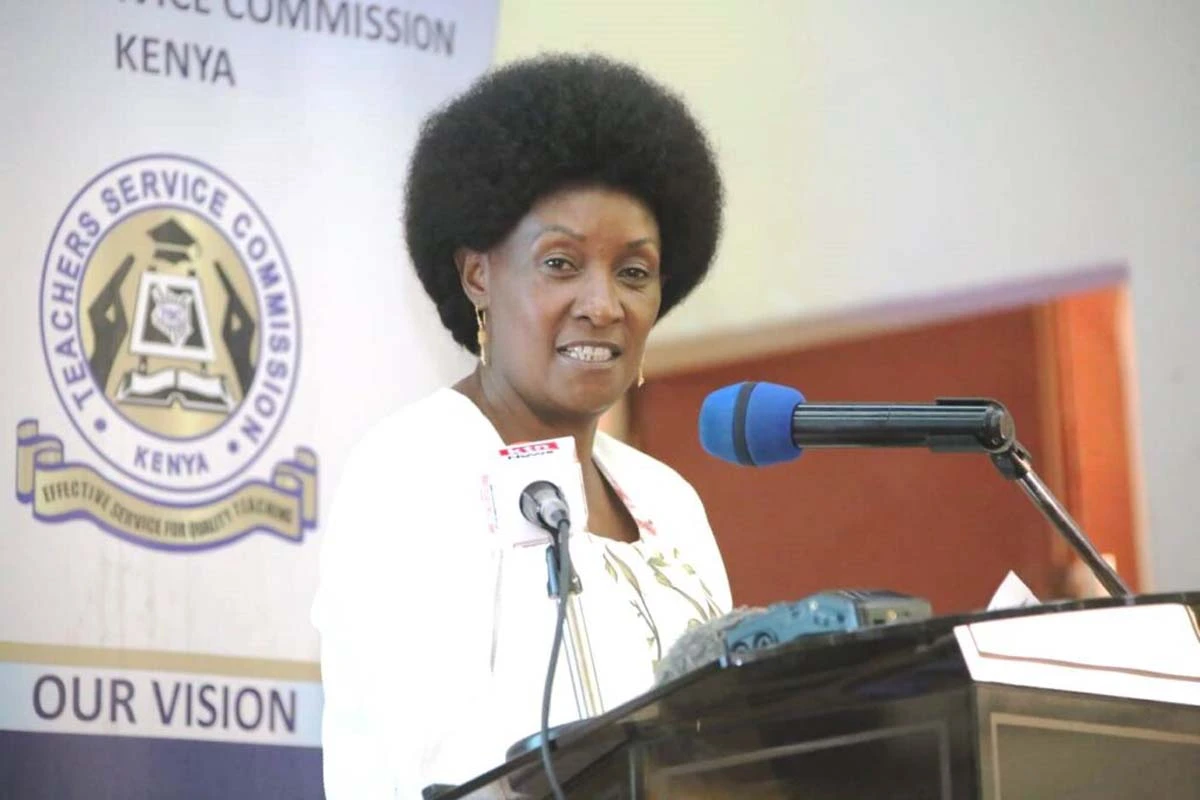The Ministry of Education in Kenya announces a groundbreaking change to the grading system for the forthcoming KCSE (Kenya Certificate of Secondary Education) examination in 2023. With this development, they aim not only at reshaping Kenya’s educational landscape but also expanding opportunities for students. In our article, we explore intricacies of this novel grading system and its possible implications further.
The KCSE exam traditionally employed a grading system that factored in seven subjects: English, Kiswahili, Mathematics; two Science subjects–and an additional pair of elective courses. Yet—a significant departure from this approach—the Ministry of Education has ushered in a more streamlined system. The new rules require the mean grade computation to consider only two mandatory subjects: Mathematics and a language (English, Kiswahili or Kenyan Sign Language).
The Ministry aims to simplify the grading process and enhance its accessibility for a broader student population through this shift. The reduction in mandatory subjects intends not only fostering an inclusive educational environment but also allowing students to demonstrate their strengths across different disciplines.
This reform prioritizes a key objective: boosting the number of students eligible for higher education–including universities, diploma programs and TVET at certificate and artisan levels. By implementing an open grading system; we anticipate that more students will fulfill the entry requirements to qualify into these institutions.
In a country such as Kenya, where the previous grading system’s competitiveness has posed challenges for many to access higher education, this change holds particular significance. The Ministry sets its sights on core subjects – Mathematics and language skills specifically – with an aim towards constructing an equitable pathway to tertiary education.
Various stakeholders also raised concerns that led to the decision of revising the grading system. Critics argued against the previous 8-4-4 grading system, as it disadvantaged learners whose best-performing subjects did not fall within designated clusters. Consequently, this situation frequently precipitated student dropouts and incurred a loss in human potential.
Moreover, concerns over the integrity of formative assessments emerged: reports indicated compromised scores were making their way into the Kenya National Examinations Council (Knec) portal. In response to these issues–with a focus on bolstering accuracy and fairness in performance evaluation—Knec will elevate external assessments’ significance; they will now determine overall performance more substantially.
A more balanced approach to assessment manifests through the implementation of our new grading system. It will persist in gauging literacy levels with English and Kiswahili, while numeracy skills evaluation rests upon Mathematics and one Science subject. This strategy aligns with global practices that employ both summative and formative assessments for offering feedback on students’ progress.
England, China, Israel, South Africa and Ghana have successfully adopted a system that combines formative assessment at every level of education with summative assessments marking the end of each academic stage; this approach is expected to foster a more holistic and effective education system in Kenya.
The implementation of the new grading system for the 2023 KCSE exam necessitates preparation from both students and educators. The schedule outlines that rehearsals are to occur on October 19, 2023; furthermore, it sets out an exam season slated to commence on October 23rd with a concluding date of November 24th in operation.
The Kenya National Examinations Council (Knec) has implemented security and efficiency measures for the examination process: it will collect papers twice daily. A network of 576 distribution centers or containers serves as pivotal points for efficient storage and subsequent distribution.
Note, however, that the Ministry of Education maintains a steadfast commitment to examination process integrity: unauthorized personnel will not gain access to any centers. Furthermore; should anyone be implicated in malpractice–the ministry will swiftly take action.



